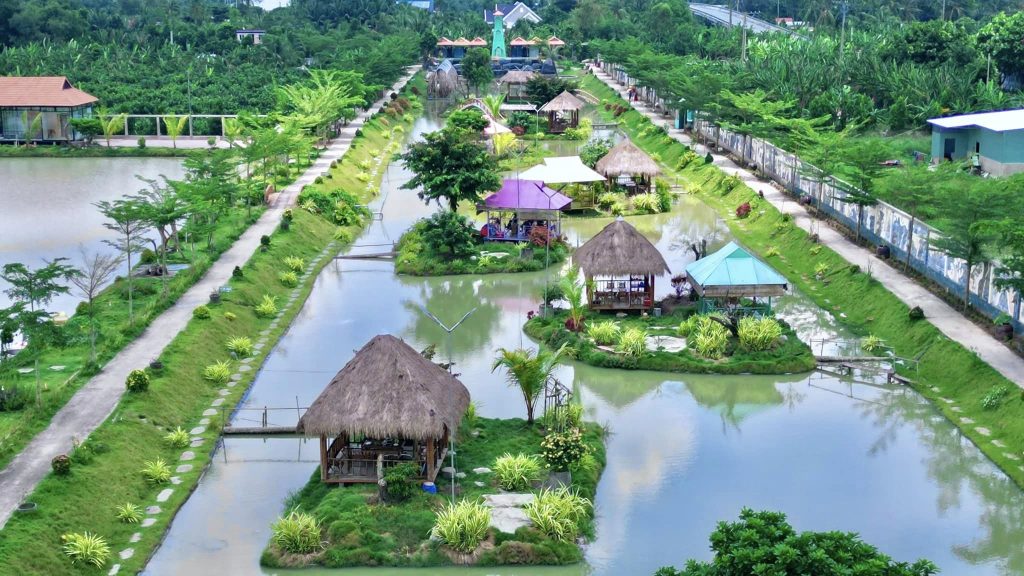The Mekong River, one of the longest rivers in the world, flows through several Southeast Asian countries. Spanning over 4,350 kilometers, the Mekong originates in Tibet and traverses China, Myanmar, Laos, Thailand, Cambodia, and Vietnam. A Mekong River cruise offers not only breathtaking natural experiences but also an opportunity to delve into the unique cultures of the region.
Cruising the Mekong River
1. Discovering the Southwestern Waterways of Vietnam
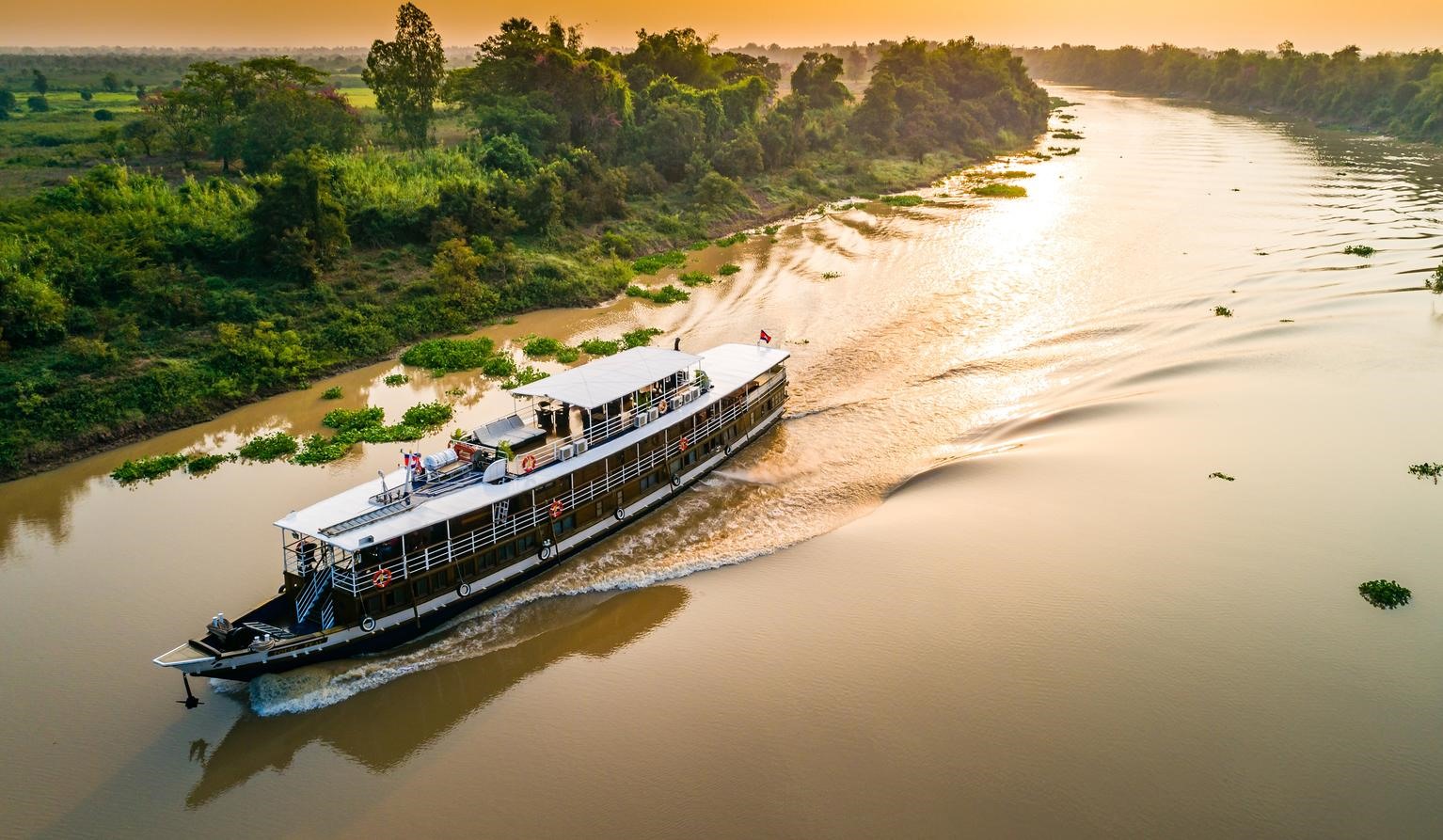
The Mekong Delta in Southern Vietnam stands out as a premier destination in Mekong River tourism. This region is renowned for its picturesque waterways, floating markets, and lush fruit orchards. A cruise along the Mekong will offer you unforgettable experiences. You’ll witness expansive rice fields, verdant coconut groves, and the tranquil lifestyle of local residents.
2. Visiting Cai Rang Floating Market
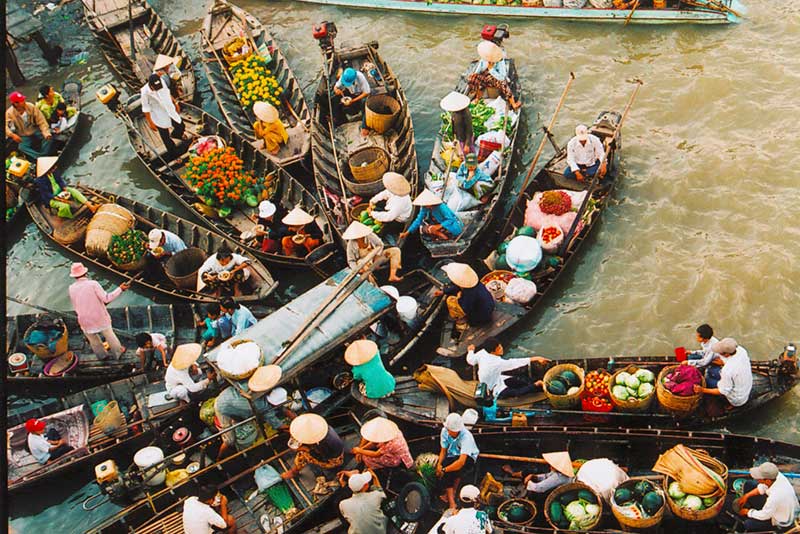
Cai Rang Floating Market in Can Tho is one of the largest and most famous floating markets in the Mekong Delta. Here, you can experience the unique sensation of shopping from boats. Fresh agricultural products and fruits are displayed on colorful boats. The vibrant atmosphere, lively calls, and the aroma of ripe fruits will certainly delight you.
3. Savoring Local Cuisine
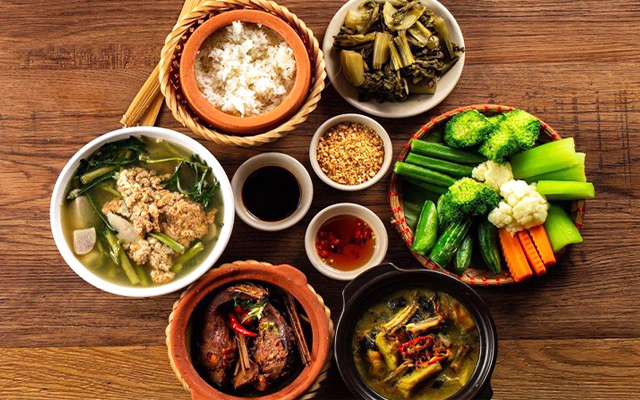
The cuisine of the Mekong Delta is rich and diverse, featuring dishes made from fish, shrimp, and a variety of fresh fruits. Don’t miss the opportunity to try local specialties such as grilled snakehead fish, fermented fish hotpot, crispy pancakes, and fruits like durian, mangosteen, and mango. These dishes not only taste delicious but also embody the distinctive flavors of the riverland.
4. Exploring Fruit Orchards
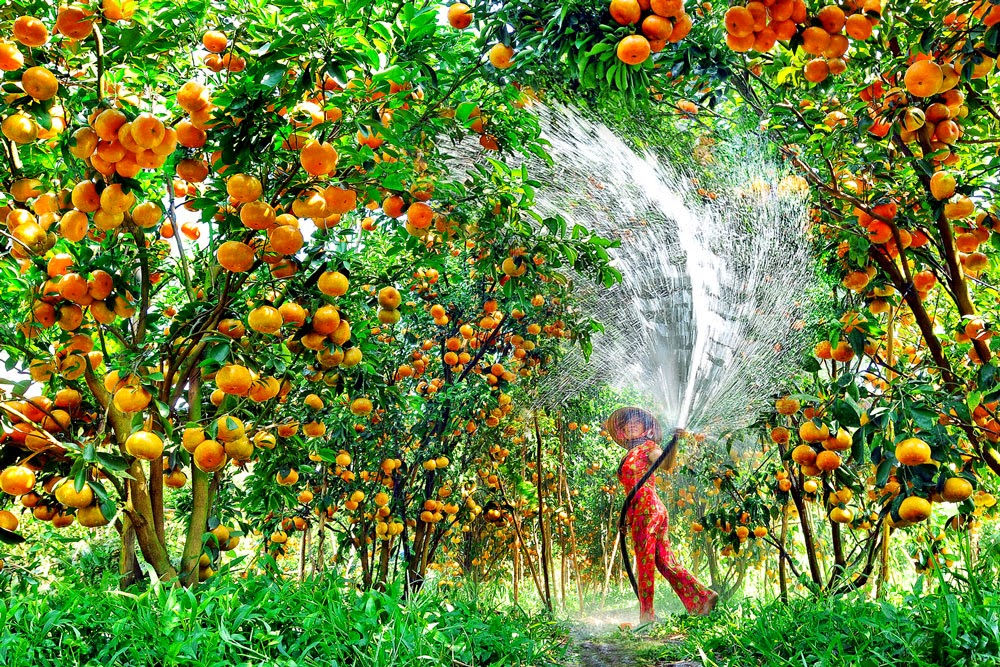
The Mekong Delta is famous for its vast and fertile fruit orchards. Here, you can visit fruit gardens and enjoy fresh fruit straight from the source. Notable orchards include Cai Mon Orchard in Ben Tre and My Khanh Orchard in Can Tho, which offer engaging experiences. You’ll tour the gardens, learn about various fruit types, and pick fruits to enjoy on the spot.
5. Experiencing Local Culture
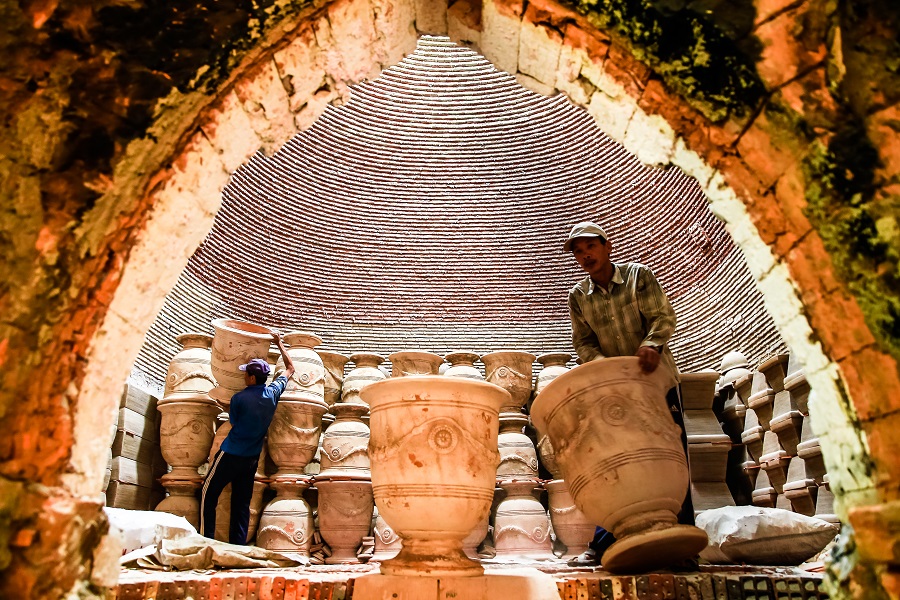
The culture of Southern Vietnam is rich and diverse. Here, you’ll have the chance to learn about the daily life, customs, and traditions of the locals. Ancient Khmer temples, traditional craft villages like coconut candy-making in Ben Tre, and pottery villages in Sa Dec will help you gain a deeper understanding of the region’s culture and people. Additionally, you can participate in folk activities such as traditional music performances and storytelling.
6. Exploring Mekong River Islets
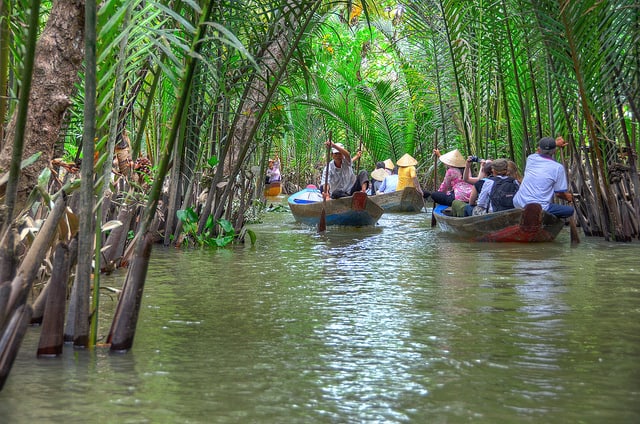
The islets on the Mekong River are also attractive destinations for travelers. These islets offer not only beautiful scenery but also a variety of exciting activities. Phung Island in Ben Tre is known for its eco-tourism attractions, where you can engage in activities like boat rowing, fishing, and visiting fruit gardens. Thoi Son Island in My Tho allows you to experience river life through garden tours, fresh fruit tasting, and traditional music performances.
7. Relaxing at Eco-Tourism Resorts
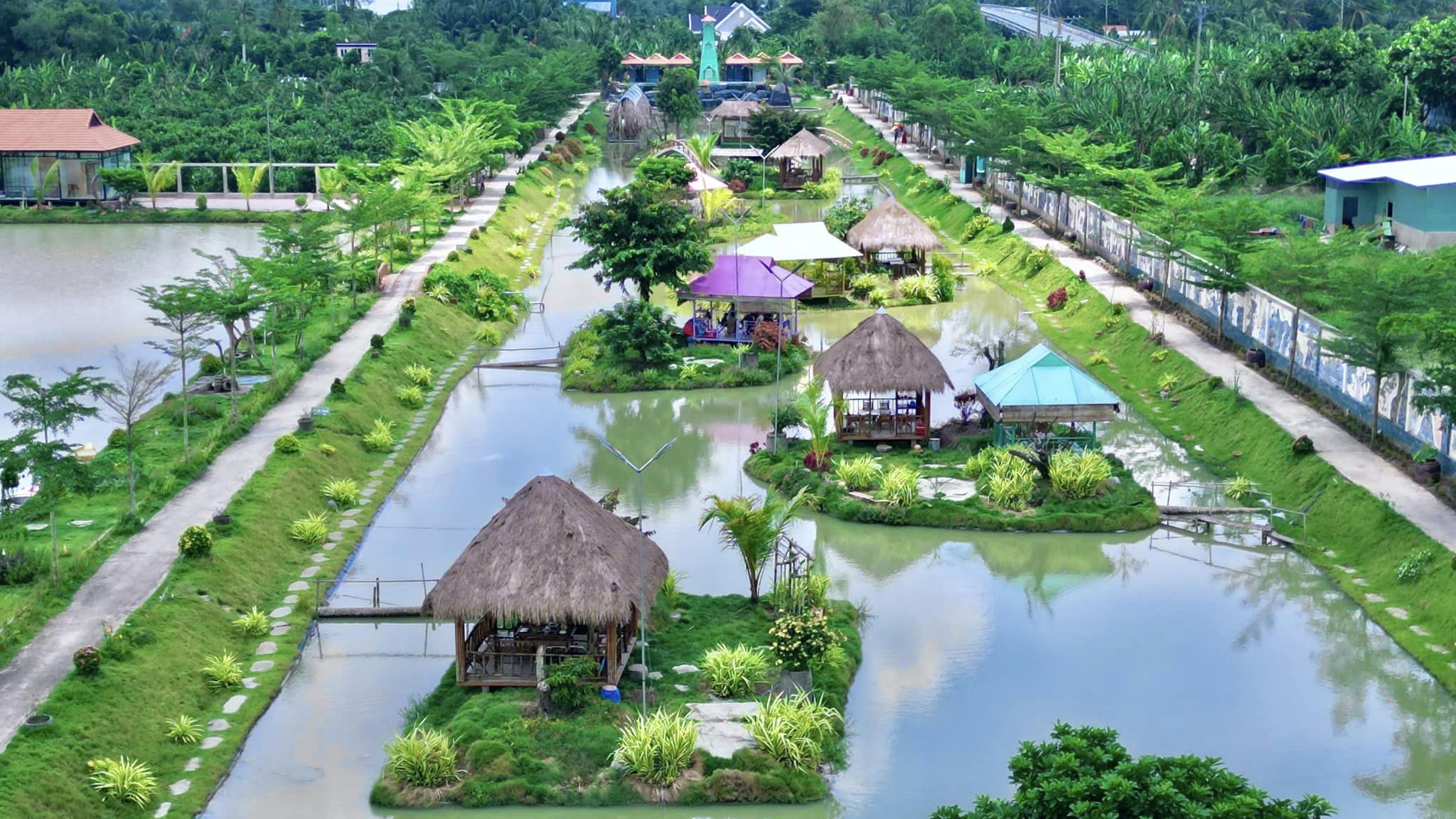
Southern Vietnam boasts numerous appealing eco-tourism resorts. These resorts not only feature beautiful natural landscapes but also provide various recreational and leisure services. Ideal spots include My Khanh Eco-Tourism Resort in Can Tho and Lang Be Resort in Tien Giang, where you can enjoy activities such as cycling, swimming, fishing, and sampling local delicacies.
8. Experiencing Local Life
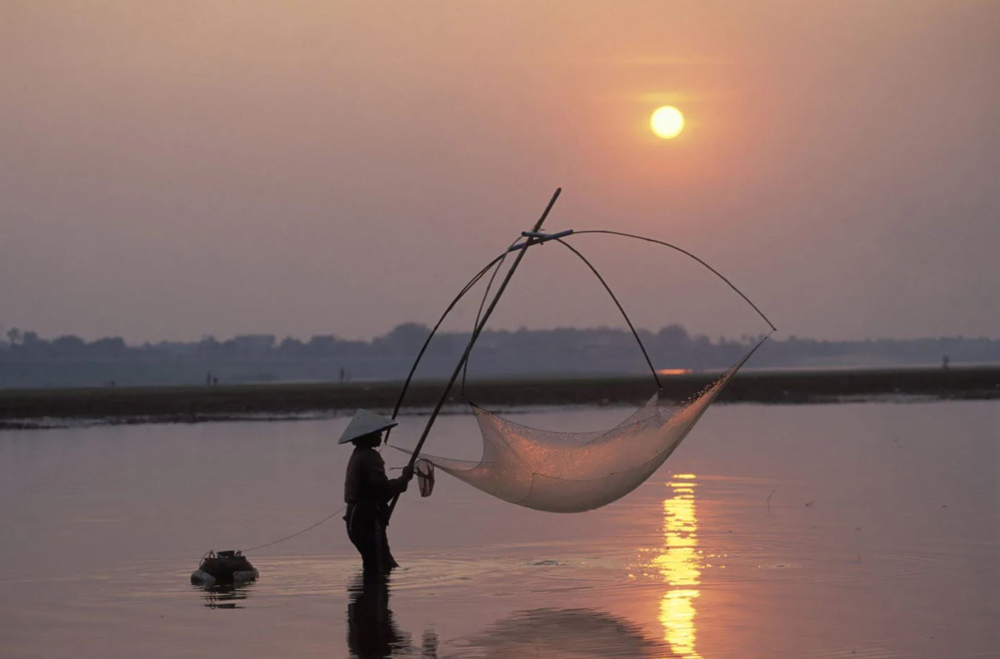
The life of the people in the Mekong Delta is deeply intertwined with the waterways. Here, you can explore their daily routines by participating in activities like fishing, boating, visiting fishing villages, and experiencing the life of local fishermen. These experiences will give you greater insight into the culture and lifestyle of the Mekong Delta’s inhabitants.
Visiting Historical Landmarks Nearby
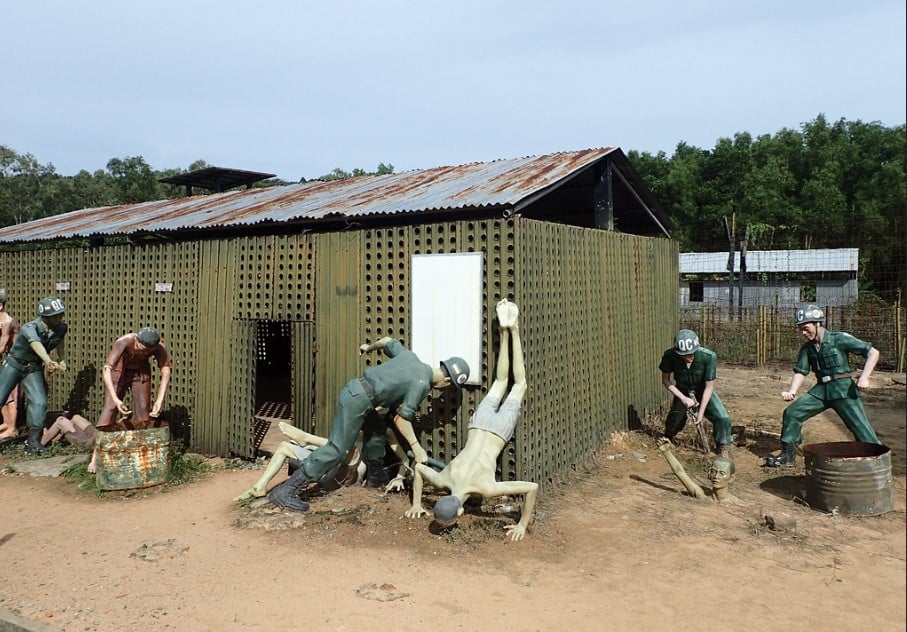
Southern Vietnam also boasts several notable historical sites. Places like Phu Quoc Prison, Vinh Trang Pagoda, and the Dong Khoi Historical Site in Ben Tre offer deep insights into the region’s history and culture. These landmarks not only hold historical value but also provide an opportunity to learn about the past and appreciate the cultural heritage of the nation.
